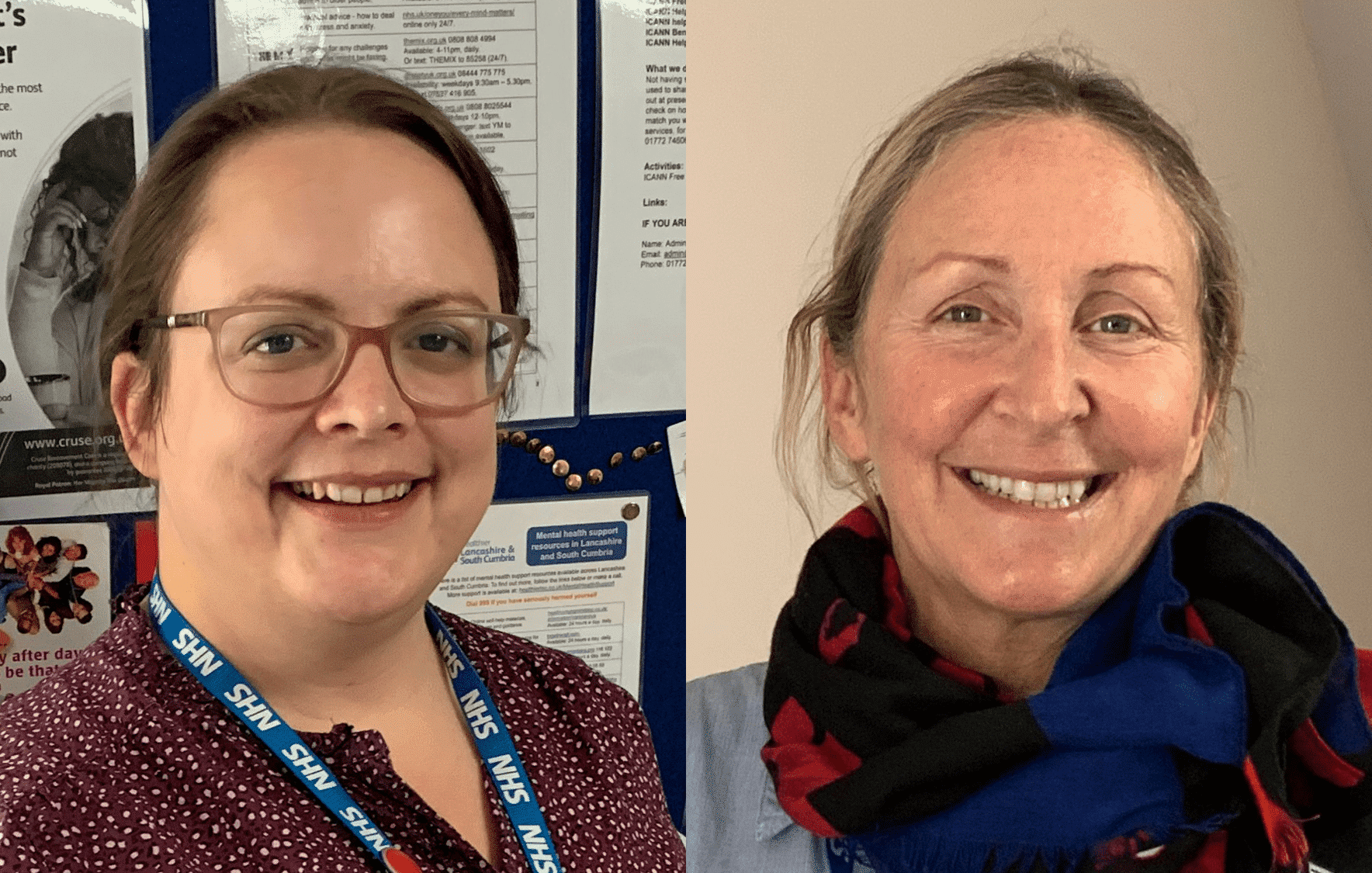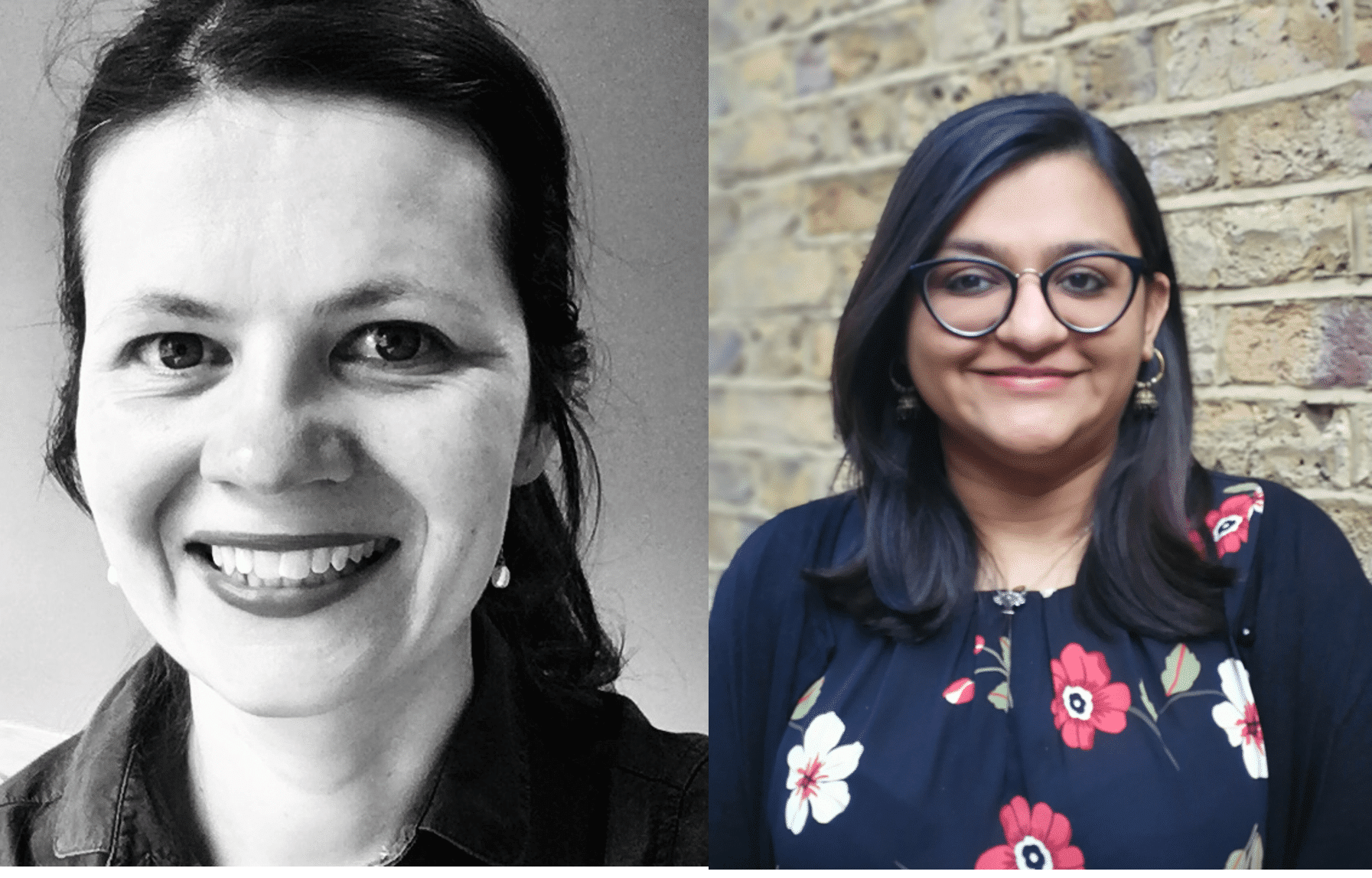As in many areas, the Social Prescribing Link Worker role is new in Lytham St Anne’s Primary Care Network. Two link workers were employed in March 2020, and in the midst of us learning the role, the country almost immediately went into lockdown due to the COVID-19 pandemic.
Working from home with restrictions on face-to-face meetings had an impact on the way we were able to reach patients, and the closure of local groups made it increasingly difficult to carry out the usual objectives of this kind of role.
Like many areas, Lytham St Anne’s saw an incredible response from local volunteers who were keen to help their neighbours, particularly the elderly, vulnerable and those advised to shield by the government.
We had access to the list of shielding patients and worked alongside primary care colleagues to contact each of these patients by telephone for a supportive chat, finding out what additional needs they may have during lockdown. For those that needed help with shopping, collecting medications or dog walking, we were able to signpost or refer to local mutual aid volunteer groups, as well as to NHS volunteers.
For patients who were found to be especially isolated or lonely, or struggling with their mental health, we provided regular check-up calls, in addition to signposting to telephone befriending services.
We found that patients were appreciative of the calls, even if they had no additional needs; they were grateful that they hadn’t been forgotten. Others chose to receive a weekly wellbeing call from us and reported that this helped them to get through the difficult months of lockdown.
Inevitably, a major challenge of this period has been the lack of active community groups and services to prescribe to patients. While some groups have gone online to hold virtual meetings, the large elderly population in Lytham St Anne’s faced barriers to accessing these groups. Age UK Lancashire provided tablets on loan to people who were without the relevant technology and there were volunteers available to teach people how to access apps such as Facetime or Zoom. Despite this, many patients proved to be reluctant to make the move online, and others do not have access to the internet at all. Furthermore, we found that many local groups did not create an online presence, and have simply been waiting to be allowed to meet again in person.
One prominent local group, Just Good Friends, usually provides regular meetings including dancing, quizzes, musical entertainment and exercise sessions. During lockdown, the group leaders kept in touch with their members via telephone and once guidelines lifted to allow people to meet outdoors in small groups, members began to meet in a local park in socially distanced “pods” of up to six. They have recently started some chair-based exercise sessions in the same pods. We have been able to refer new members to this group.
Although groups and services have been restricted during the pandemic, we have been able to build relationships with local group leaders, establishing a good network of contacts which will be invaluable as the community comes to terms with the “new normal”. We have also started seeing some patients for face-to-face appointments and hope to see more and more groups opening up following lockdown, depending on further restrictions that may arise. Drawing from our learning and the need to work more across sectors, we are looking at developing a local Social Prescribing Network in Lytham.



